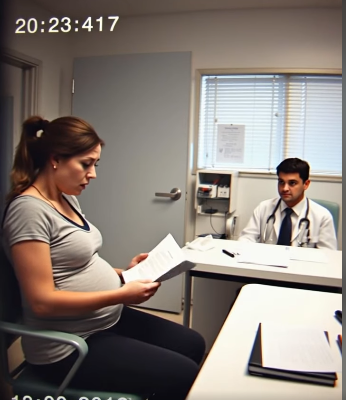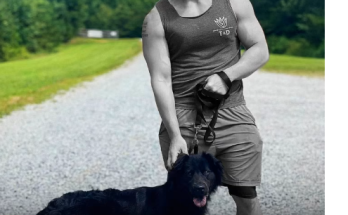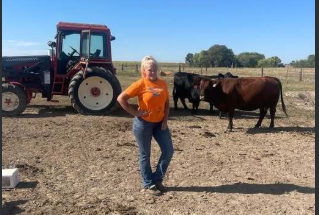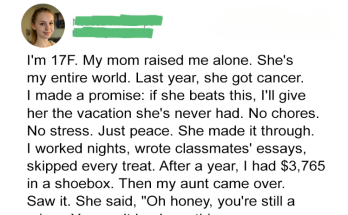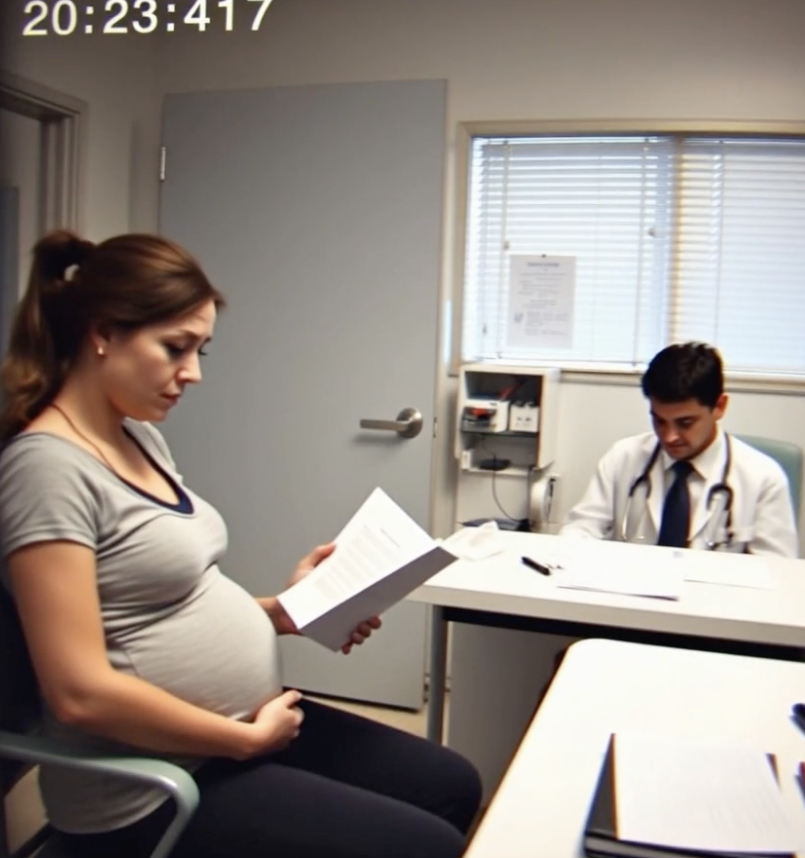 The next few days were a whirlwind of emotion. I oscillated between anger and despair, confusion and resolve. I tried to carry on with my daily routine, but the weight of my husband’s suspicion lingered like a storm cloud. Our son, blissfully unaware of the undercurrents threatening to dismantle his world, continued with his teenage life, his laughter and innocence stabbing my heart each time I thought of the impending results.
The next few days were a whirlwind of emotion. I oscillated between anger and despair, confusion and resolve. I tried to carry on with my daily routine, but the weight of my husband’s suspicion lingered like a storm cloud. Our son, blissfully unaware of the undercurrents threatening to dismantle his world, continued with his teenage life, his laughter and innocence stabbing my heart each time I thought of the impending results.
My husband, Mark, became distant, retreating into a shell of silence that echoed loudly in our household. Our conversations, once filled with warmth and love, now felt cold and calculated. We were living in the same house but existing in different worlds. The waiting was unbearable, and each day seemed longer than the last.
Finally, after what felt like an eternity, we received a call from the clinic. They had the results. My heart raced as I picked up the phone, my hands trembling slightly. The receptionist informed us that the doctor wanted to discuss the results in person. A wave of nausea swept over me, and I glanced at Mark, who nodded solemnly.
The drive to the clinic was silent, punctuated only by the sound of our son’s favorite songs playing softly from the car speakers. As we arrived, the sterile smell of the clinic seemed to heighten the tension. We were ushered into the doctor’s office, and I could feel my pulse quickening with every step.
Dr. Harrison, a kind-faced woman with gentle eyes, greeted us and motioned for us to sit. She glanced at the papers on her desk, then looked at us with a seriousness that made my stomach churn.
“Firstly, I want to say that these results can be difficult to process,” she began, her voice calm and professional. “The DNA test confirms that your son is indeed biologically related to you both.”
A wave of relief surged through me, and I turned to Mark, hoping to see the relief mirrored in his eyes. But his expression remained unchanged, his brow furrowed in confusion.
“However,” Dr. Harrison continued, her voice tinged with compassion, “the test revealed something unexpected. A rare genetic marker was identified in your son’s DNA, one that indicates a predisposition to a serious medical condition.”
Her words hung in the air, and the room seemed to close in on us. The relief I had felt moments ago was replaced by a new kind of dread. The doctor explained the implications, the potential treatments, and the importance of early intervention. She spoke clearly, but my mind struggled to process the information.
Mark reached for my hand, his grip tight with newfound solidarity. The doubt and suspicion that had once stood between us evaporated in the face of this shared challenge. Our focus shifted from the fracture in our relationship to the fragility of our son’s health.
As we left the clinic, the enormity of what lay ahead began to sink in. But as we drove home, hand in hand, I realized that this ordeal had transformed us. The demand for a DNA test, initially a symbol of distrust, had inadvertently unveiled a deeper truth, one that required us to unite and support our son in a way we had never imagined.
